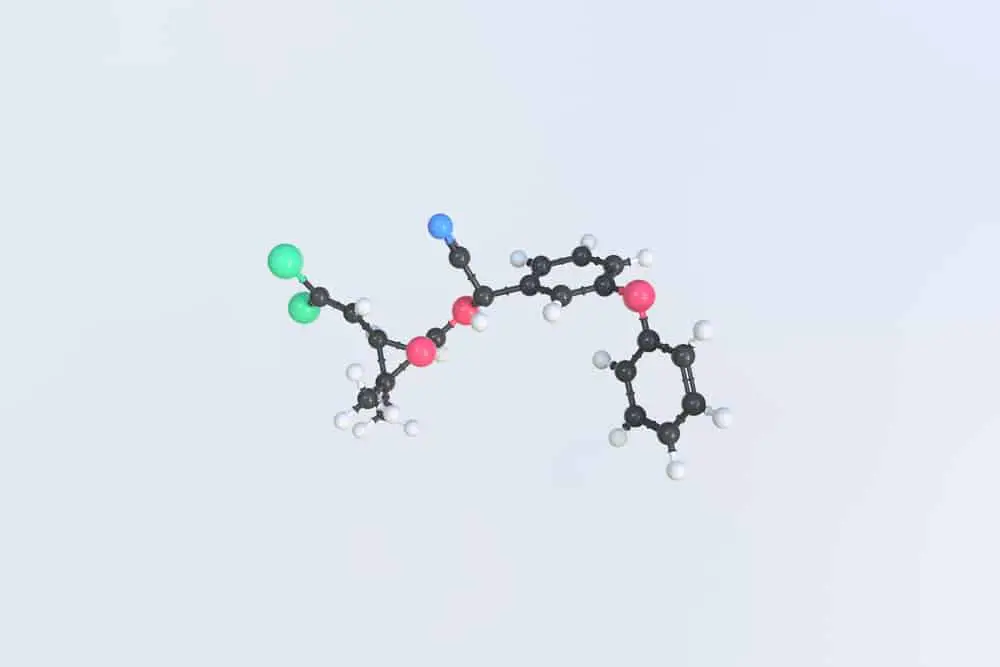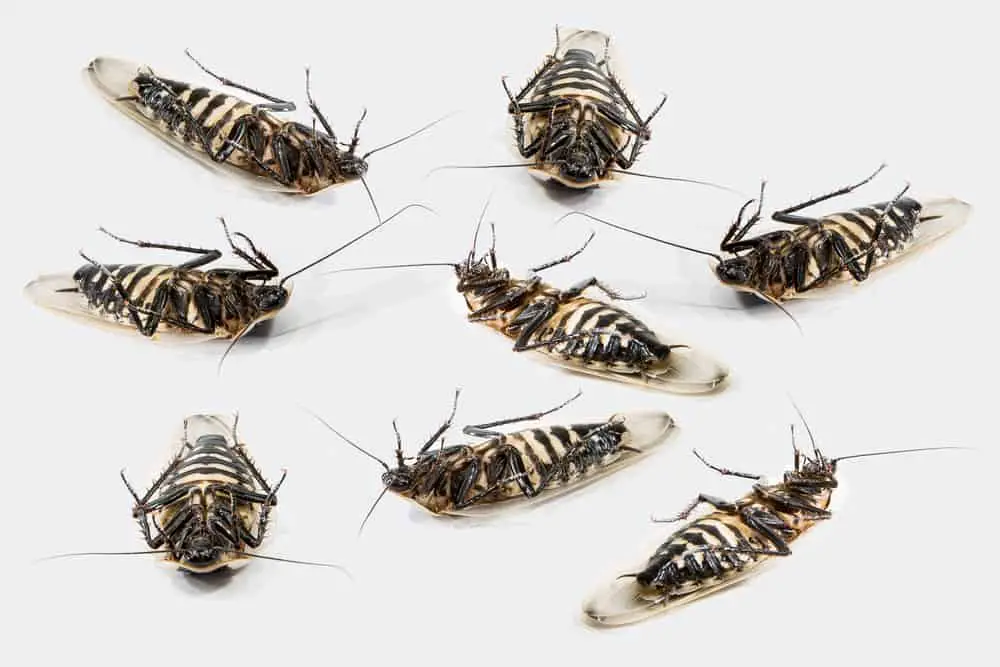Pyrethroid insecticides are extremely effective bug killers, and synthetic pyrethroids have been used on many insects for over four decades. Deltamethrin is one of the most widely used commercial synthetic pyrethroids on the market and relies on active ingredients based on the chrysanthemum flower’s compound pyrethrins.
What Is Deltamethrin Used For?
Deltamethrin is used primarily for crop protection against a variety of insects that feed on commercial crops. Deltamethrin insecticides have high toxicity to insects, and residues of deltamethrin can last for several months, making it ideal for treatment for malaria control in South Africa. The effects of deltamethrin on insects can be immediate or take place within a 24-H mortality period.
The toxicity of deltamethrin and other synthetic pyrethroid insecticides is higher than the naturally occurring pyrethrins. The effects of deltamethrin are extra lethal by combining the absorption of deltamethrin through contact and ingestion. The effects of deltamethrin last for several months providing residual control. Traditional control methods can lead to insecticide-resistant pests, so adaptive control techniques have needed to be developed.
- Treating Crops – Professional insecticide dust can be administered to fields using planes or other large-scale pesticide application methods. A study showed that 85% of the total production of crops worldwide was treated with these products. The strength and knockdown efficacy of deltamethrin allows fewer application times during a longer time period.
- Treating Lawns and Outdoor Areas – Other studies have shown that light concentrations of deltamethrin can be used to reduce disease-carrying insects in lawns and outdoor areas. The rapid degradation of deltamethrin in most types of soil makes it safer to use near homes and pets. Papers have shown that the knockdown effects and high levels of mortality in pests make it a good business solution.
- Treating Residental Areas – If used in accordance with the product label, the levels of toxins absorbed by humans will be less harmful than drinking alcohol. Mixtures of deltamethrin and other pesticides can be used to fight insecticide-resistant pests in the home. Studies have shown that the knockdown damage and high concentrations of deltamethrin cause mortality in ants, spiders, fleas, cockroaches, flies, pantry pests, and other labeled insects.
Is Deltamethrin Toxic?
Deltamethrin cause mortality in a range of insects and other lifeforms. Improper use of the active ingredient deltamethrin can lead to increased resistance levels in pests or accidental harm to beneficial wildlife. High concentrations of deltamethrin can cause adverse effects depending on a species’ levels of exposure.
| Type of Lifeform | Toxicity | Absorption Methods |
| Insects and Bugs | High mortality | Contact, ingestion |
| Mammals | Low toxicity | Contact, ingestions, inhalation |
| Fish | High mortality | Contact, ingestion |
| Birds | Low toxicity | Contact, ingestion, inhalation |
| Reptiles | High mortality | Contact, ingestion, inhalation |
| Soil and Water Organisms | Low toxicity | Contact |
Insects
Even low concentrations of deltamethrin can lead to mortality in bugs and insects. Synthetic pyrethroid insecticide applied with professional insecticide dust has had a negative impact on the bee population. The residual control of insects and the prevalent overuse of active contact insecticides has led to higher resistance levels in some crop pests.
Alternative insect control methods that are safer for pollinators and break down faster than the degradation of deltamethrin can be used to reduce harmful side effects. Reducing airborne levels of technical-grade deltamethrin can increase the activity levels of bees while still eliminating as many harmful insects as traditional control methods.
Mammals
Limited exposure to deltamethrin in humans or other mammals is generally not dangerous. If prolonged inhalation, excessive contact with the skin, or ingestion occurs, then other may be some health effects. While deltamethrin in humans is generally not serious, there can be some undesirable consequences.
Common symptoms of dangerous exposure to deltamethrin are abnormal sensations around the contact site, facial paraesthesia, and partial numbness. Similar effects can be seen in other mammals like household pets and common wildlife. Usually, the effects will wear off but read the label to see if medical intervention is required.
Fish
All pyrethrins and their synthetic derivatives are highly toxic to aquatic life. These chemicals should never be sprayed on or in a water system with live fish and aquatic animals. Even a small amount of direct contact with mixtures of deltamethrin and other pyrethrins can kill fish and aquatic creatures.
Insects and pests like mosquito larvae should be dealt with using biological controls and not chemicals. Aquatic environments are very delicate ecosystems, and the addition of technical-grade deltamethrin could be disastrous for them.
Birds
Studies show birds were not affected by deltamethrin in the environment when it was used according to labels. Both wild birds and pet birds were not affected by their use for routine insect treatment. Contact or inhalation issues were not observed in birds.
Extended use of any pesticide can lead to build-ups of otherwise inert toxins in the environment. Insects and pests that are not killed by the toxins can build up resistance to the sprays and accumulate dangerous levels of chemicals in their systems. Birds eating these highly toxic pests could suffer digestive and health issues.
Reptiles
Similar to fish, reptiles are very sensitive to contact with pesticides and other environmental poisons. Using insecticides near where reptiles live or go frequently can lead to seizures and death. Traps and biological control are better methods to keep insects away from reptiles.
Many reptiles hunt the insects we commonly spray insecticide on. If the chemicals are not strong enough to work in a 24-H mortality window, then the pests could survive. The toxins can accumulate in the insects, making them poisonous to any reptile that eats them. Avoid using insecticides where reptiles often feed.
Soil and Water Organisms

Deltamethrin binds tightly to soil particles and usually won’t enter waterways if used according to the manufacturer’s instructions. The active ingredients have a half-life of 6 to 200 days, depending on soil type and quality. Active, healthy soil that is sand or loam can break down the chemicals much faster than heavy clay soil.
These chemicals bond so strongly to the soil that it is highly unlikely for plants or soil organisms to absorb the particles. There was no impact on earthworms or other microbes that break down compounds in our soils., according to studies. Proper usage and disposal of deltamethrin and all other chemicals can ensure no accidental poisoning of our soils and water systems.



